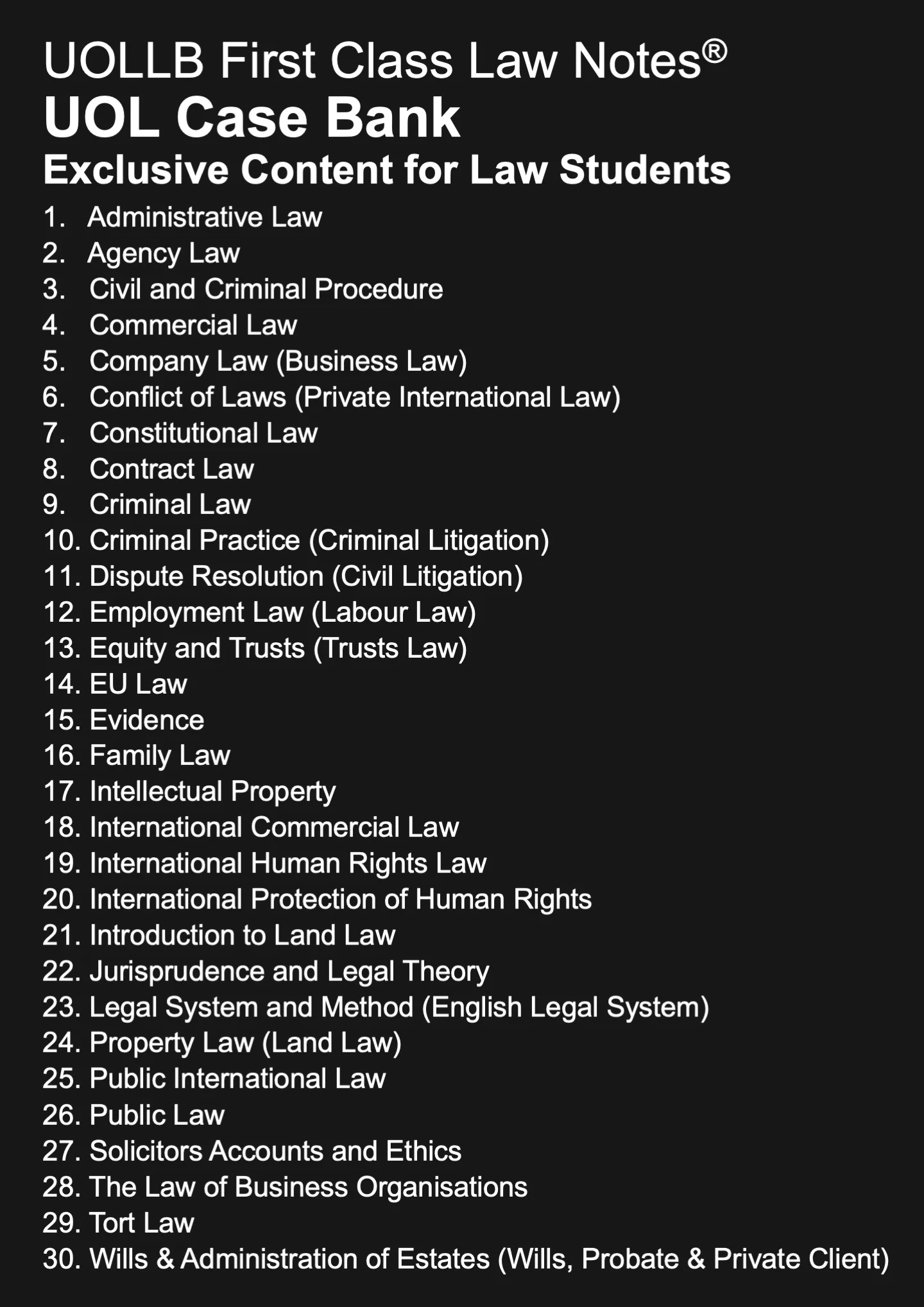UN Charter, EU Charter, UDHR, and ECHR
Share
The Charter of the United Nations (UN Charter), the Universal Declaration of Human Rights (UDHR), the Charter of Fundamental Rights of the European Union (EU Charter), and the European Convention on Human Rights (ECHR) are all important international and regional documents related to human rights and governance.
UN Charter
Purpose: The UN Charter serves as the constitution of the United Nations, which was established in 1945 in the aftermath of World War II. Its primary purpose is to promote international peace and cooperation among nations and to prevent conflicts and wars.
Scope: While the UN Charter does not provide an exhaustive list of human rights, it emphasises the importance of "respect for human rights and for fundamental freedoms for all without distinction as to race, sex, language, or religion." It commits member states to uphold these principles.
Enforcement: The UN Charter establishes key bodies, such as the UN Security Council, responsible for maintaining international peace and security. It also creates the International Court of Justice to settle legal disputes between states. The Charter sets out the framework for addressing threats to international peace, including through diplomatic negotiations, sanctions, and the use of force if authorised by the Security Council.
UDHR
Purpose: Adopted by the United Nations General Assembly in 1948, the UDHR is a milestone document that proclaims a common standard of human rights for all people and nations. It was created in response to the horrors of World War II and aims to prevent such atrocities from happening again.
Scope: The UDHR comprehensively enumerates a wide range of civil, political, economic, social, and cultural rights that all individuals are entitled to. These include the right to life, liberty, and security, freedom of speech, and the right to work and education.
Enforcement: While the UDHR is not legally binding on its own, it has served as the foundation for the development of numerous international treaties and conventions that are legally binding. For example, the International Covenant on Civil and Political Rights and the International Covenant on Economic, Social, and Cultural Rights are two such treaties that expand on the rights outlined in the UDHR.
EU Charter
Purpose: The EU Charter, established in 2009, is an integral part of European Union law. Its purpose is to ensure that fundamental rights are protected within the European Union, reflecting the EU's commitment to democracy, the rule of law, and human rights.
Scope: The Charter covers a wide range of rights and principles, including human dignity, freedom, equality, and solidarity. These rights apply not only to EU citizens but also to anyone within the EU's jurisdiction. It is primarily focused on rights relevant to EU law and institutions.
Enforcement: Individuals can rely on the EU Charter before national courts and, in certain cases, before the European Court of Justice (ECJ), which interprets and enforces EU law. The ECJ ensures that EU institutions and member states comply with the Charter.
ECHR
Purpose: The ECHR, established in 1950 by the Council of Europe, aims to safeguard human rights and fundamental freedoms in Europe. The Council of Europe is a separate intergovernmental organisation from the European Union.
Scope: The ECHR focuses primarily on civil and political rights, including the right to life, freedom of expression, and the prohibition of torture. It applies to all 46 member states of the Council of Europe, which includes EU member states and non-EU states.
Enforcement: Individuals and states can bring cases before the European Court of Human Rights (ECtHR), which is not an EU institution but oversees compliance with the Convention. ECtHR decisions are legally binding on the countries that are parties to the Convention. This allows individuals to seek remedies for human rights violations at the European level.
In summary, these documents serve different purposes and have different scopes, but they collectively contribute to the protection and promotion of human rights on both a global and regional scale, with the UN Charter focusing on international cooperation, the UDHR outlining universal human rights principles, the EU Charter protecting rights within the EU, and the ECHR safeguarding human rights in Europe.
UN Charter
Purpose: The UN Charter serves as the constitution of the United Nations, which was established in 1945 in the aftermath of World War II. Its primary purpose is to promote international peace and cooperation among nations and to prevent conflicts and wars.
Scope: While the UN Charter does not provide an exhaustive list of human rights, it emphasises the importance of "respect for human rights and for fundamental freedoms for all without distinction as to race, sex, language, or religion." It commits member states to uphold these principles.
Enforcement: The UN Charter establishes key bodies, such as the UN Security Council, responsible for maintaining international peace and security. It also creates the International Court of Justice to settle legal disputes between states. The Charter sets out the framework for addressing threats to international peace, including through diplomatic negotiations, sanctions, and the use of force if authorised by the Security Council.
UDHR
Purpose: Adopted by the United Nations General Assembly in 1948, the UDHR is a milestone document that proclaims a common standard of human rights for all people and nations. It was created in response to the horrors of World War II and aims to prevent such atrocities from happening again.
Scope: The UDHR comprehensively enumerates a wide range of civil, political, economic, social, and cultural rights that all individuals are entitled to. These include the right to life, liberty, and security, freedom of speech, and the right to work and education.
Enforcement: While the UDHR is not legally binding on its own, it has served as the foundation for the development of numerous international treaties and conventions that are legally binding. For example, the International Covenant on Civil and Political Rights and the International Covenant on Economic, Social, and Cultural Rights are two such treaties that expand on the rights outlined in the UDHR.
EU Charter
Purpose: The EU Charter, established in 2009, is an integral part of European Union law. Its purpose is to ensure that fundamental rights are protected within the European Union, reflecting the EU's commitment to democracy, the rule of law, and human rights.
Scope: The Charter covers a wide range of rights and principles, including human dignity, freedom, equality, and solidarity. These rights apply not only to EU citizens but also to anyone within the EU's jurisdiction. It is primarily focused on rights relevant to EU law and institutions.
Enforcement: Individuals can rely on the EU Charter before national courts and, in certain cases, before the European Court of Justice (ECJ), which interprets and enforces EU law. The ECJ ensures that EU institutions and member states comply with the Charter.
ECHR
Purpose: The ECHR, established in 1950 by the Council of Europe, aims to safeguard human rights and fundamental freedoms in Europe. The Council of Europe is a separate intergovernmental organisation from the European Union.
Scope: The ECHR focuses primarily on civil and political rights, including the right to life, freedom of expression, and the prohibition of torture. It applies to all 46 member states of the Council of Europe, which includes EU member states and non-EU states.
Enforcement: Individuals and states can bring cases before the European Court of Human Rights (ECtHR), which is not an EU institution but oversees compliance with the Convention. ECtHR decisions are legally binding on the countries that are parties to the Convention. This allows individuals to seek remedies for human rights violations at the European level.
In summary, these documents serve different purposes and have different scopes, but they collectively contribute to the protection and promotion of human rights on both a global and regional scale, with the UN Charter focusing on international cooperation, the UDHR outlining universal human rights principles, the EU Charter protecting rights within the EU, and the ECHR safeguarding human rights in Europe.
























































